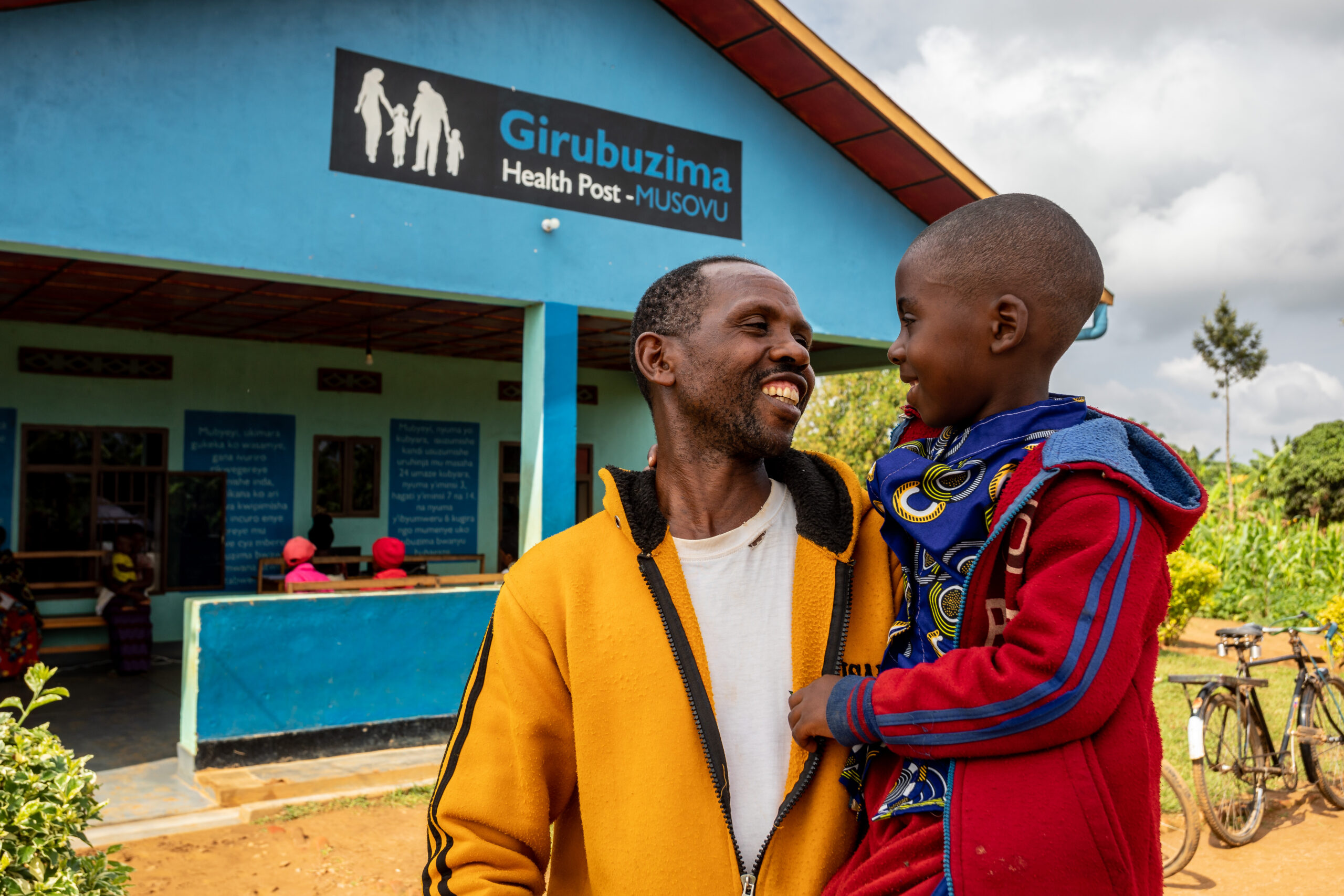The article published in the May edition of the WHO Bulletin highlights the significant risks posed by climate change to health and health systems, particularly in low- and middle-income countries that contribute least to greenhouse gas emissions.
Following the 2023 United Nations Climate Change Conference (COP28), there was a consensus on the necessity for equitable and holistic financing strategies to tackle the intertwined climate and health crises. This article provides a comprehensive overview of existing climate finance mechanisms, including multilateral funds, market-based initiatives, taxes, microlevies, and adaptive social protection.
The discussion focuses on how these mechanisms can promote health, generate additional resources for the health sector, and enhance the sustainability and resilience of health systems. It also addresses the challenges in implementing these approaches. The article urges public health practitioners, policymakers, and researchers to leverage climate funding to foster sustainable, climate-resilient health systems. By emphasizing the broader economic benefits of health investments, the global community can better prioritize health within climate finance initiatives. However, meaningful progress requires addressing the political economy challenges that have hindered the potential of climate finance to meet health goals. The restructuring of financing institutions to empower frontline communities and ensuring the accessibility and co-design of funding arrangements are critical steps. Additionally, stakeholders must focus on mobilizing diverse funding sources and invest in rigorous monitoring and evaluation to achieve relevant health and well-being outcomes.

